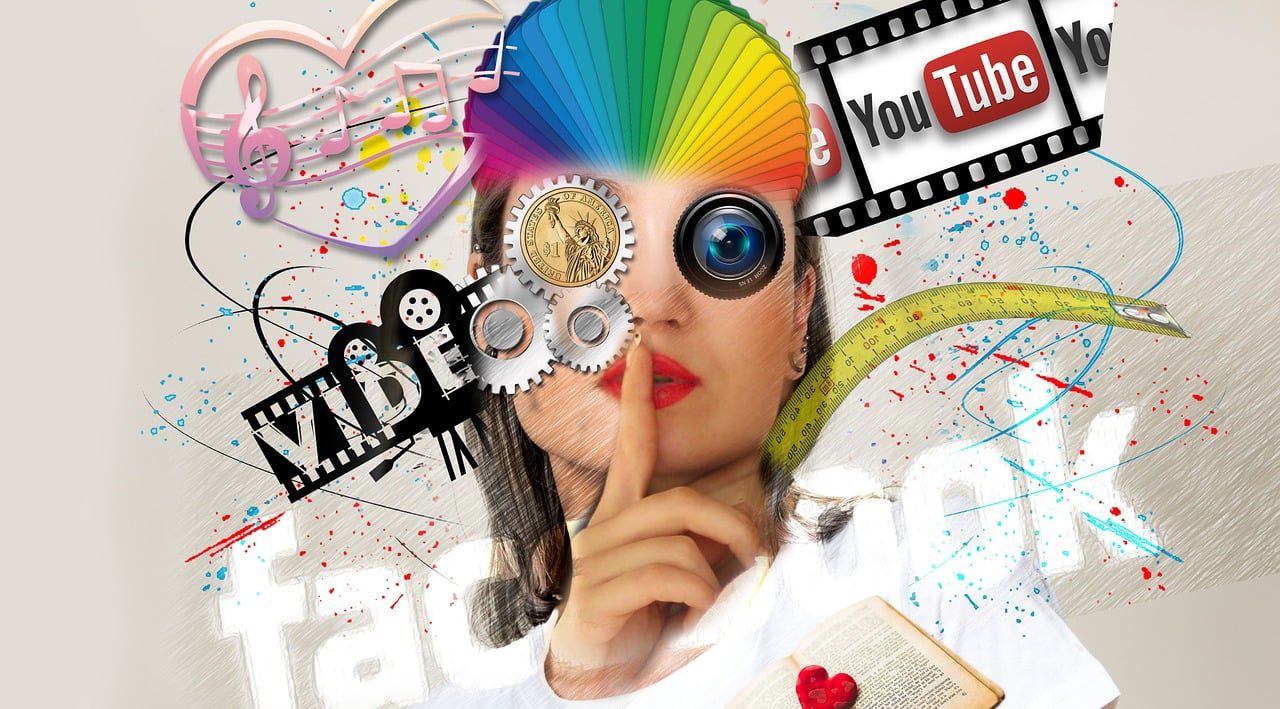A recent study suggests that it's not the vast amount of online information that makes it hard to focus, but rather the easy access to new and exciting things that digital technology provides.
Tech companies like Google, Facebook, and Apple offer us lots of appealing content, and this constant novelty can make it challenging to pay attention for long periods.
However, the study proposes that the real reason we get distracted is our own love for new things combined with digital technology's ability to provide novelty constantly.

How we use social media
When we feel the urge to check our email or social media, it's not because we're overwhelmed by information.
We often aren't even using our phones when the urge strikes.
Checking our phones gives us quick access to something new, and our brains love that.
Our brains are wired to seek out new and interesting information, and digital technology makes it super easy to get this reward.
Unlike a library, where getting a new book would be a hassle, digital content is just a few taps away.
It's this combination of easy access and always-changing content that makes us develop habits of checking our devices.
The study also points out that throughout history, many cultures have used meditation and contemplation to control their attention and reduce everyday distractions.
So, it's not that digital technology introduced distraction; it's just a different and more widespread form of it.
Why it's important
Our brains aren't built to handle constant novelty and easy distractions.
To address this, we might need to limit our digital environments.
For example, checking emails only twice a day can reduce the constant flow of new information.
In the future, we might look back and realize that our current digital world is too complex and needs more constraints.












